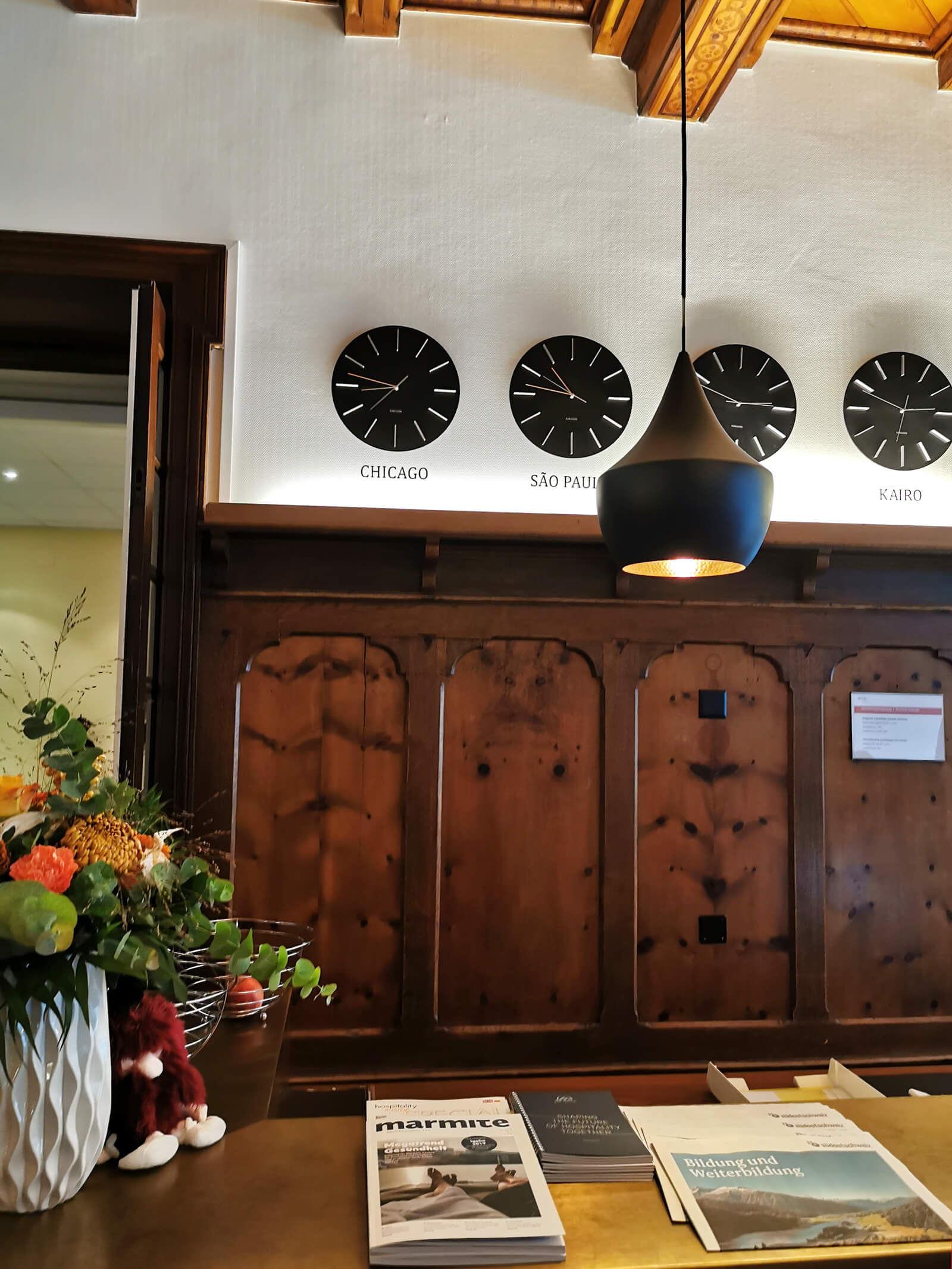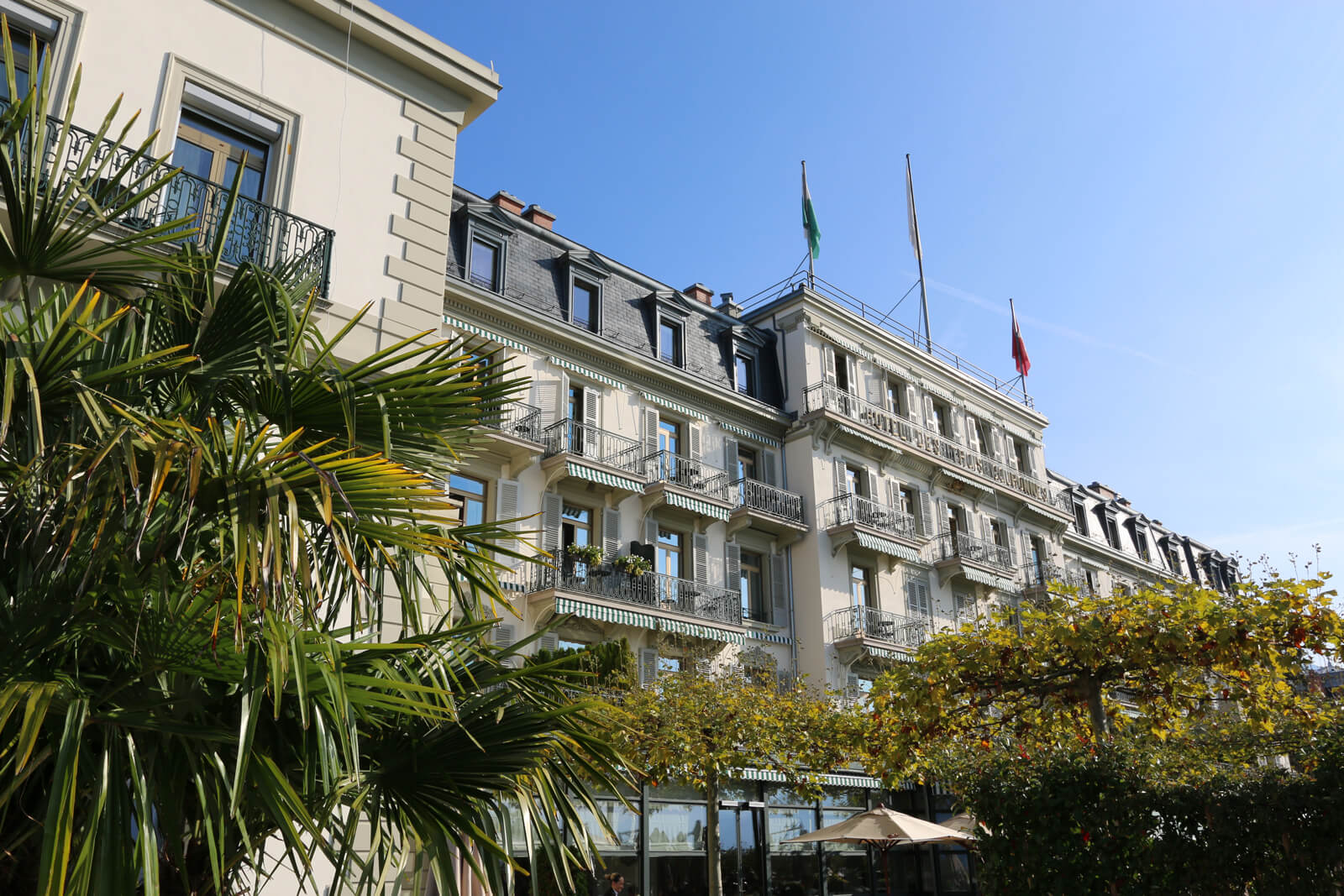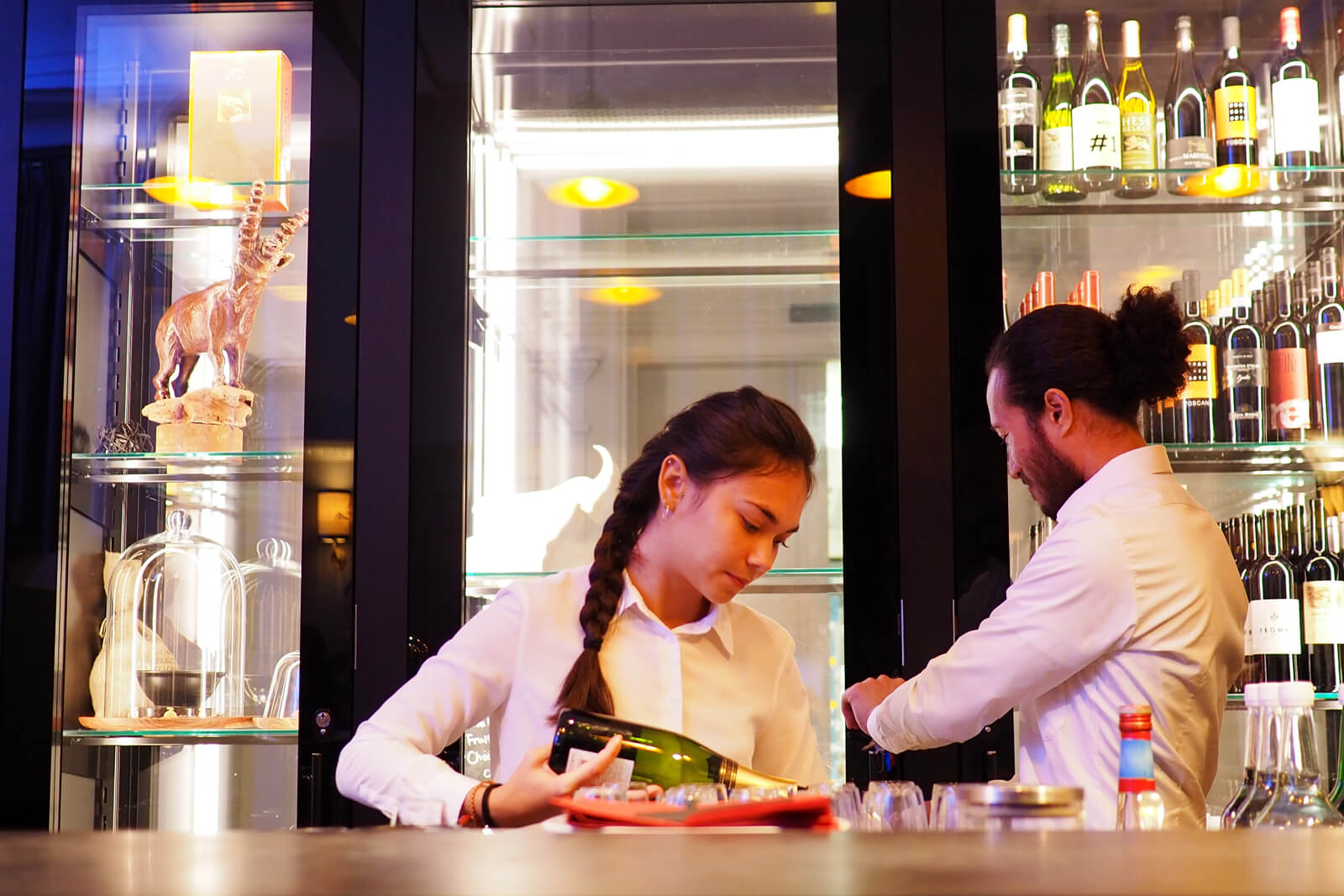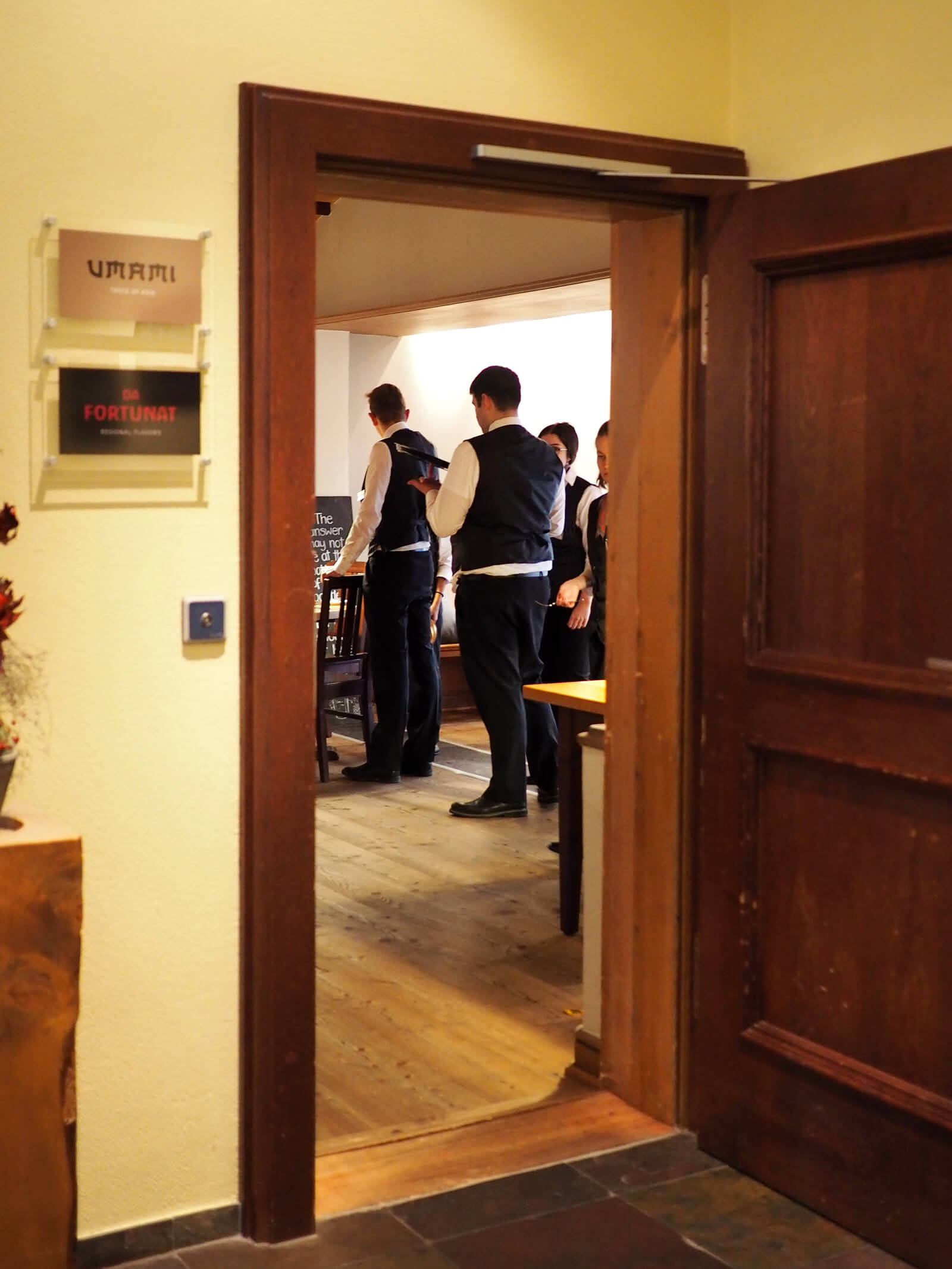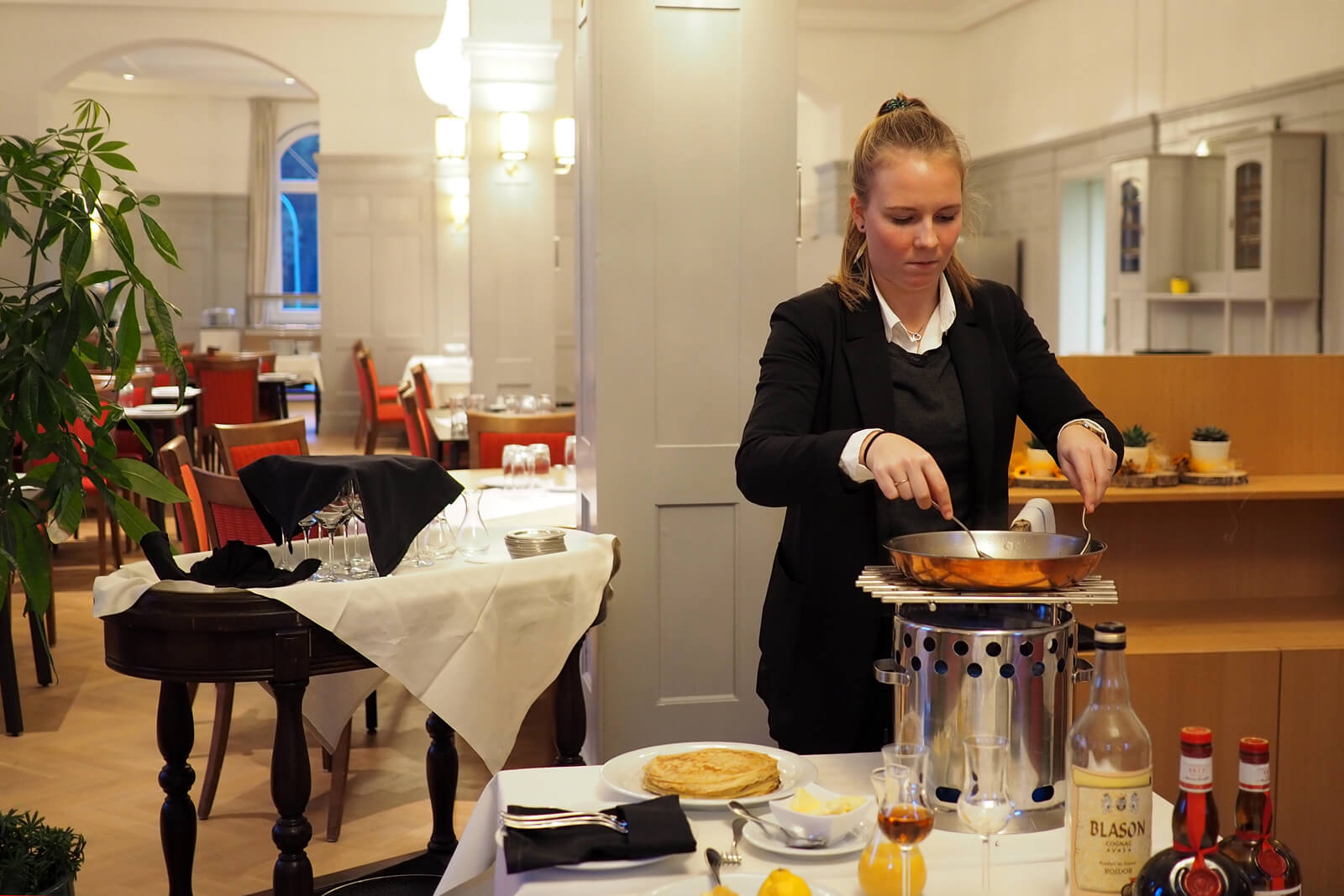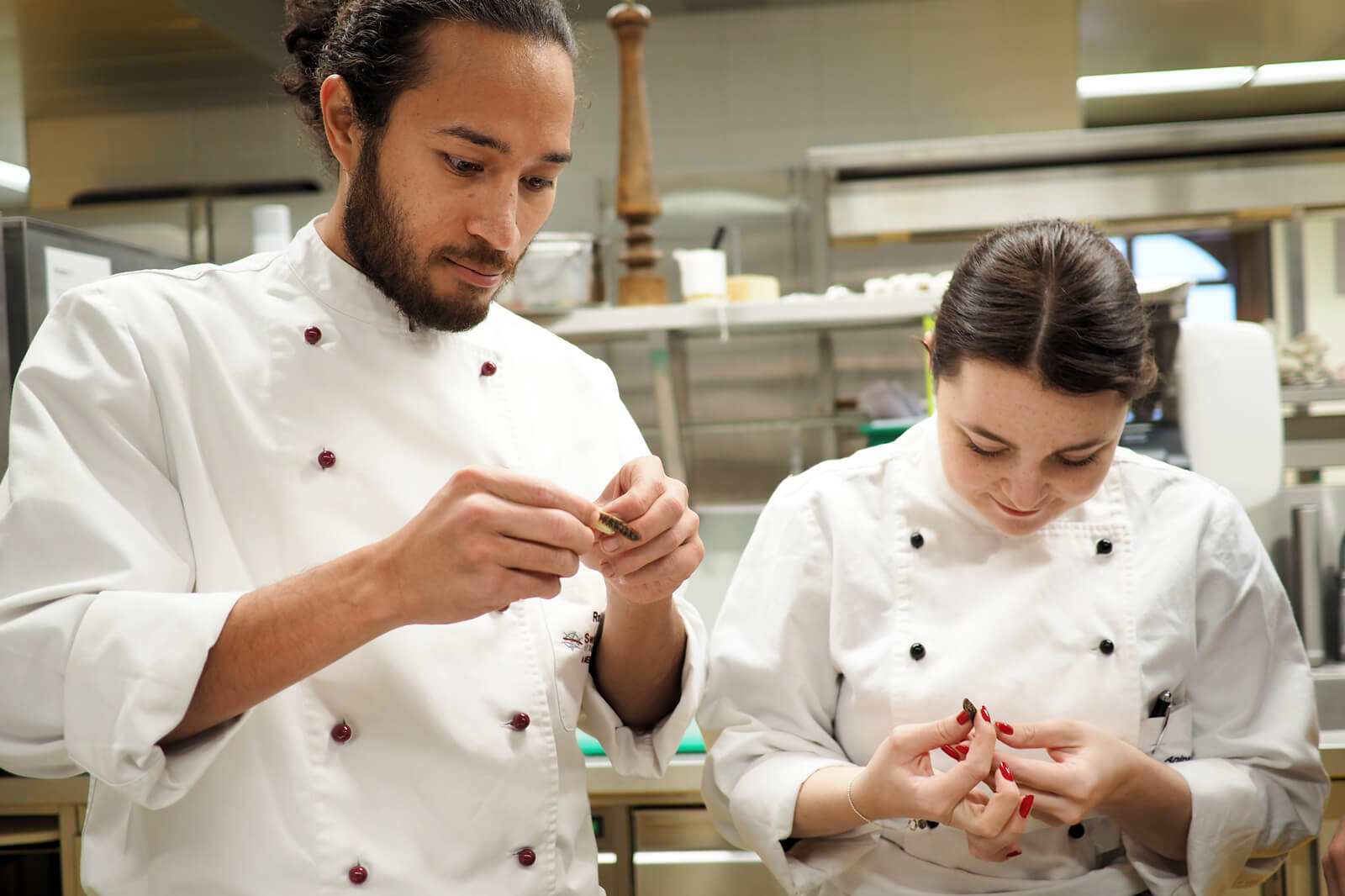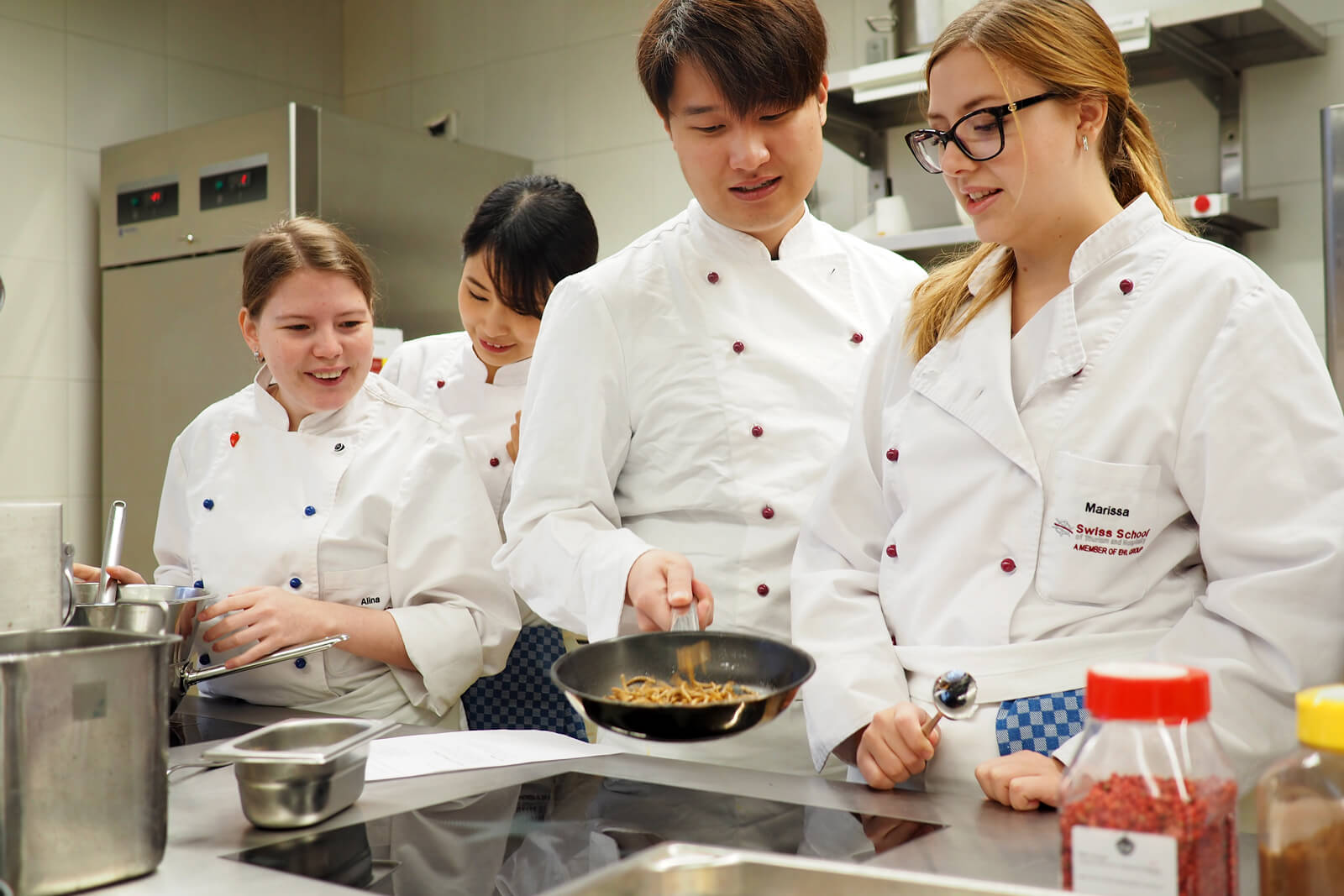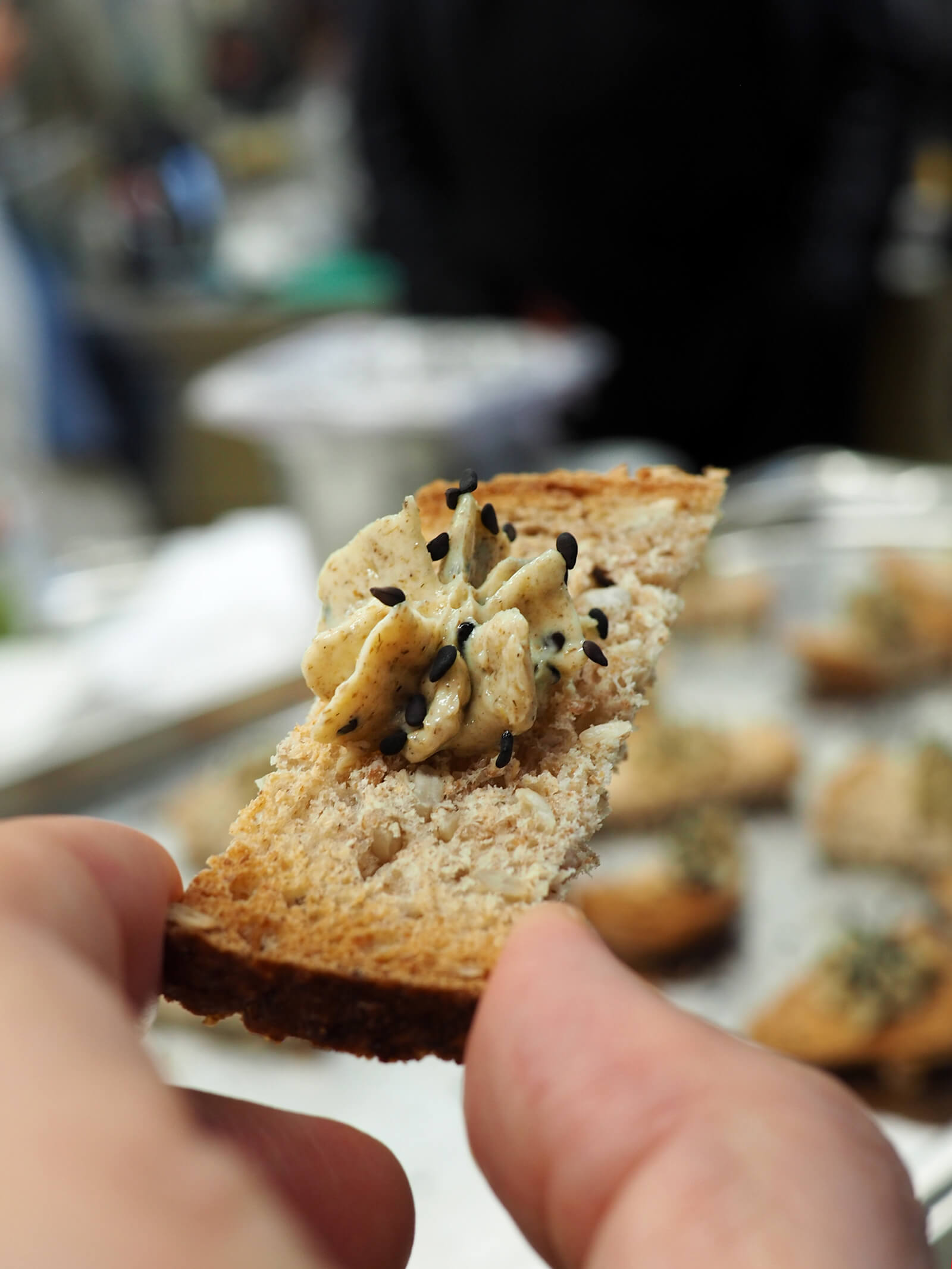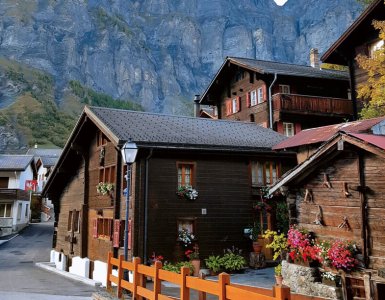Within the next decade, tourism will be growing faster than the rest of the economy.
According to the World Travel & Tourism Council, 23 percent of new jobs will be created in the hospitality industry. On a recent media trip organized by the Ecole hotelière de Lausanne (EHL), I learned about the skill set that future leaders in hospitality require - and where they acquire those skills.
But before looking into the future of luxury hospitality, it makes sense to study the past. Why has Switzerland become synonymous with excellence in hospitality? And why is it that Switzerland is home to several world-leading hospitality universities?
About the history of luxury hotels in Switzerland
Grand hotels are a 19th-century invention by the upper classes. Constructed in scenic settings during the Belle Époque, these opulent buildings tried to imitate Greek temples, French castles and medieval cathedrals. Picture high ceilings with panoramic windows, winding staircases, glittering chandeliers and velour furniture.
These new luxury palaces relied heavily on railroads that would bring wealthy clients from all over Europe. In their natural settings, these palaces offered an escape from the polluted cities of the continent.
Grand hotels not only welcomed old money, however. Instead, the doors were opened to artists, entrepreneurs and intellectuals from all walks of life. As long as they could foot the bill and behave in a mannered fashion, they were welcomed to mingle among the nobility.
In Switzerland, values such as attention to detail and precision (watch-making), timeliness (transport) and discretion (banking) are historically rooted.
By applying those same values to their service allowed hoteliers to deliver excellence to the new breed of wealthy clients. Hospitality management was born in Switzerland both due to this trend and the boom in new hotels.
The world's first hospitality management school was opened in Switzerland in 1893: EHL. In the 1960s with the advent of passenger air travel, additional schools opened up to cater to the growing tourism sector.
In Switzerland, grand hotels are prominent along Lake Geneva, as well as in alpine settings such as Gstaad, Interlaken or St. Moritz. Some examples of grand hotels in Switzerland are the Grand Hotel Quellenhof Bad Ragaz, the Baur au Lac in Zürich, the Victoria-Jungfrau in Interlaken, the Kulm Hotel in St. Moritz or the Fairmont Le Montreux Palace. They are part of the cultural heritage of Switzerland.
EHL is a world-renowned hospitality management school
EHL Lausanne is not only the oldest hospitality management school in the world, it is also rated top in the world according to the QS World University Rankings. EHL has now teamed up with another top school located in Passugg near Chur. Thanks to the new campus, EHL students now have the option of doing exchange semesters within Switzerland.
I am curious: what is the secret sauce of EHL? What sets them apart from other hospitality schools?
The educational style is very Swiss in that it is based on the apprenticeship model. The curriculum places just as much importance on theory as on practice. By allowing students time to apply what they have learned in the classroom, they are able to process and master it.
During the three-year program, students are introduced to every aspect of running a hospitality business, be it a hotel or a restaurant. The goal is to turn them into veritable “stage directors” with all the skills and enablement to create experiences for their future guests.
From the kitchen to housekeeping and from accounting to HR, they are taught the ropes of what it takes to manage a hotel. During their last semester, students will have the chance to dive into either culinary arts or spa management.
In addition, there is a strong focus on communication - be it digital marketing or nonverbal. Depending on their ambitions or backgrounds, students can choose a degree in German or English.
In the words of Michael Hartmann, Managing Director at the EHL Passugg, it is the goal of the school to produce “hands-on hotel managers” with an understanding of the challenges their staff might be facing. A degree in hospitality opens doors outside of tourism, too. According to EHL, recruiters from luxury brands, finance, or consulting regularly have their eyes on the new graduates.
Inside the new hospitality management campus at EHL Passugg
In Passugg, a group of journalists including this writer had the chance to look behind the scenes of the leading Swiss hospitality management school. Once a spa hotel, the main building on the EHL Passugg campus serves as practice grounds for the 350 students from 30 nationalities, the majority of whom are Swiss.
Apart from simulating a four-star hotel, the students also run five restaurants. There is an Asian restaurant, or "Da Fortunat" which serves local fare. "Campigiana" is a typical lobby bar, "The Essence" is classic French cuisine, and "The Market" is a self-service food hall. Under the supervision of executive chefs, students are in charge of the kitchens and the service at the in-house eateries.
In a late-night study session, Ms. Tabea Rosenkranz practices her skills in making Crêpes Suzette. She will go on to enter SwissSkills, a competition for talented apprentices:
The school hotel offers 140 single and double rooms:
And the new Bachelor Village contains 20 additional housing units:
About affective hospitality in the hotel industry
With its long tradition and five-star reputation, you would think that Swiss hospitality management is set for a successful future. But while excellent service, culinary arts or stewarding will continue to be instructed, Switzerland’s hospitality schools are thinking into the future.
EHL has made it its mission to instruct a new generation of hospitality management students. During a presentation at the Passugg campus, EHL faculty explain that it is all about connecting to the individual guest on an emotional level. This is believed to create long-lasting bonds and memories which translate into repeat visits.
"The more our world turns digital, the more our guests will seek emotional experiences," explains Mr. Hartmann.
Affective hospitality is about teaching their students communication skills, emotional intelligence and a sixth sense. A savvy host will be able to anticipate and identify the needs of their guests, even long before they do. In their capacity as “stage directors”, hosts would then push all the right buttons and offer a bespoke solution to their guest.
In hotels, affective hospitality translates to creating a surprise or a luxury experience. I still remember times when a host surprised me. These were “wow” moments that formed a lasting, positive memory about the place and the time.
As I visit some of the world's top hotels, I often deliberate about my personal definition of luxury. For me, luxury is a moment where all my needs are met, where I can feel completely at ease, and where my mind allows for curiosity to enter. In this state of mind, there is no telling what the next experience will be - all options remain open. And a skilled host will read my mind and suggest ideas before they have entered my consciousness...
In this respect, affective hospitality is all about experiences. It is about delivering small and big surprises to guests and therefore creating positive emotions. In our instant world of social media, experiences are the new currency. We are innately eager to share these surprising moments and thus, I believe that affective hospitality is a conduit to creating brand awareness for hotels and restaurants.
Help! I got trapped in a class on insect food...
Students enjoy insights into all kinds of topics, from sustainable cooking to beer pairing and: insect food. Today happens to be their excursion into insect foods, and I find myself in the middle of it!
The class is presented by Melchior Füglistaller of Essento, a young Swiss start-up in insect foods. The company wants to less than to create a revolution in eating habits by helping us overcome our fears. With insects requiring a fraction of the water needed to grow meat (1 liter vs 15’000 liters per kilogram), it really is the logical next step for our western diets.
Worldwide, more than two billion people already eat insects on a daily basis, such as in Mexico, Zimbabwe, or Thailand. But I still have a mental hurdle when it comes to chewing grasshoppers.
The recipes that the students are fixing today showcase the various ways of preparing insects. In some cases, whole insects are clearly distinguishable, thereby creating a sort of eating experience. And in others, the insects are used as ingredients such as mealworm flour.

